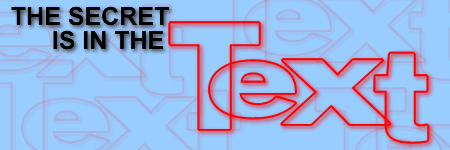
Despite Jon Jory's practical, handed-down-for-generations approach to the theater, he is a big fan of textual analysis. He describes his work as grounded in action theory, a system that breaks drama down into action—what the character wants; tactics—how the character goes about getting it; and obstacles—what is preventing the character from getting it.
In a Jory class, students will be asked to analyze text and decide what their action and tactics are at any given moment. Then he'll question them about it as they perform a scene.
"He always knows what he wants out of a given scene," says Drama Professor Robyn Hunt, who has performed in Jory-directed plays. "But he gives you room to get to that result in your own way. He builds a structure in which you can work."
Jory does not believe that textual analysis should be confined to the director. "Very often actors in the American theater have been seen as simply embodying craft waiting for the magic of the director's ideas," he says. "I prefer a situation in which the ideas are moving back and forth. I assume the more ideas there are in the rehearsal room, the greater the opportunity to find a set of good ideas that will function with that particular piece of material."
Though he's open to actors' ideas, Jory can still be a taskmaster. Hunt reports that he once called a rehearsal for 9 a.m. on New Year's Day. "And he was there on time, raring to go."—Nancy Wick